Roads rarely remain straight and smooth forever. Traffic beats wear into the pavement. Rains wash gravel away. Dead ends leave us backtracking, and crossroads beg timely decisions. In agriculture, some practices feel tried and true — until they don’t. Plateaued yields, failing forage stands and economic uncertainty compound the already challenging task of making ends meet during times of drought, floods, diseases and pests.
But where there are roadblocks, there exists an opportunity to seek out a new path. To turn at the fork in the road rather than continue on the same exhausted course and to embrace a new adventure that offers hope for a brighter future.
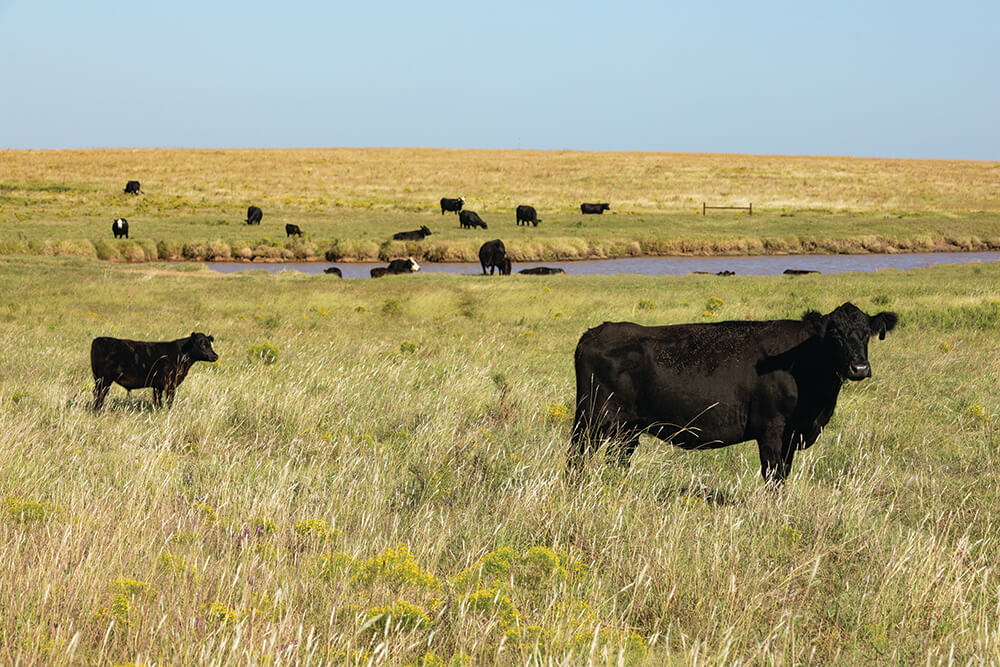
Roadblocks in Agriculture
Land productivity and regeneration in the face of climate variability
Increasing soil organic matter minimizes soil erosion, holds more water to sustain through periods of drought, enables productive plant growth, positively impacts water quality, and sequesters atmospheric carbon.
90% of crop losses in the U.S. are due to extreme weather, according to USDA estimates.
A 1% increase in soil organic matter can help the soil hold about 20,000 gallons of additional water per acre.

With the changing climate, I need some insurance that I’ll be able to produce a crop. The best insurance you can have is organic matter. It’s the key to keeping moisture in the ground, which is one of our biggest challenges.”
Bruce Reynolds, Davis, Oklahoma
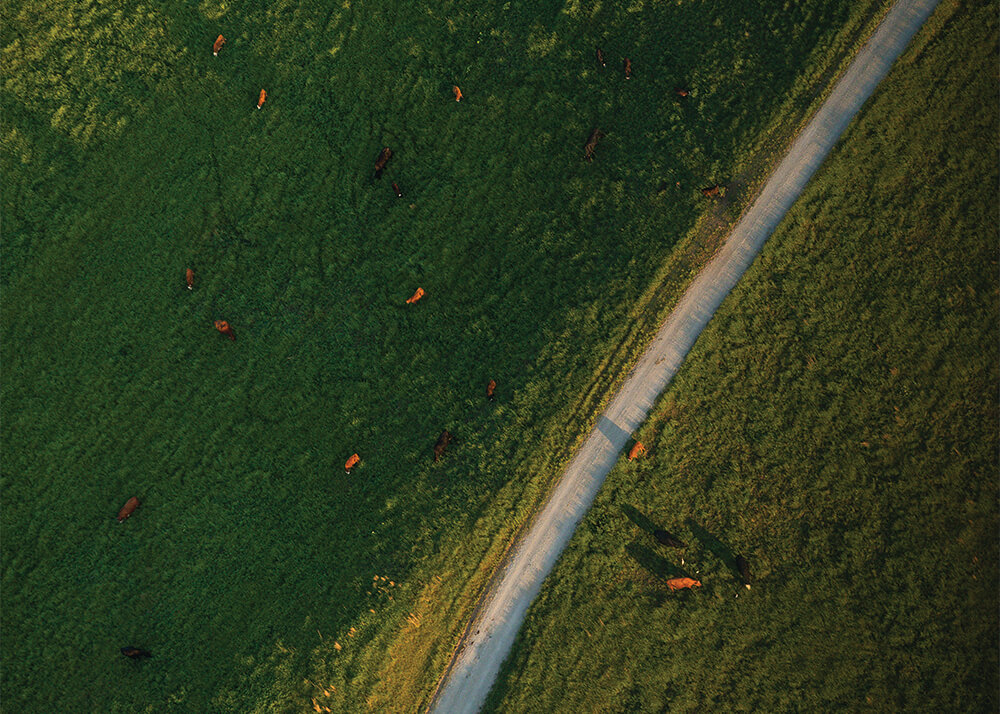
Profitability and Debt
Highest bankruptcy rates (up 20%) since 2011, according to an American Farm Bureau Federation analysis of U.S. court records.
Declining Population of Agricultural Producers
Farmers and ranchers make up less than 2% of the U.S. population.
Average age: 57.5
(More than a third are age 65 or older.)
Only 8% of producers are younger than 35. Beginning producers face financial barriers when trying to enter the industry.
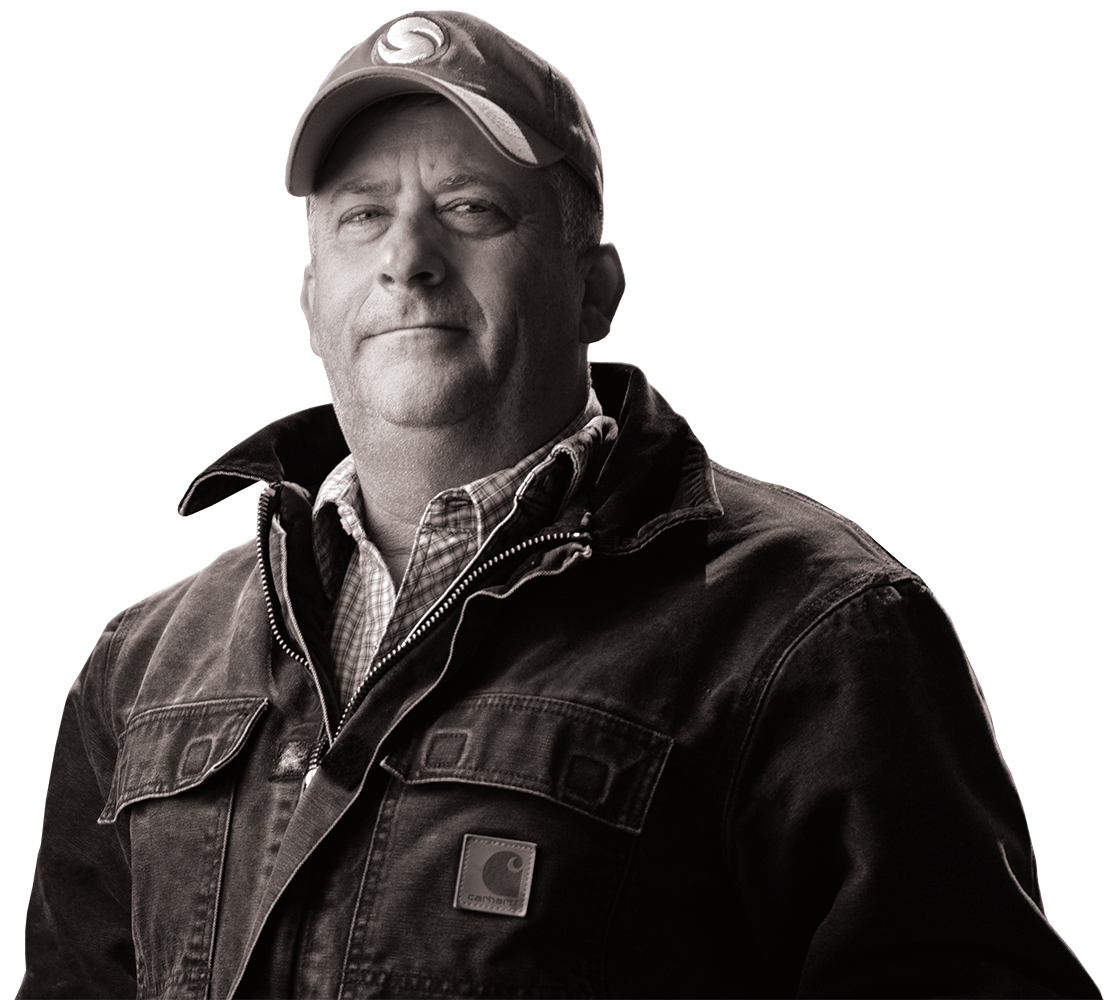
In 2006, the fuel prices got so high and labor was getting scarce. We decided we were going to have to do something different. We couldn’t afford to keep going the way we were going. My goal is to cut expenses, especially fertilizer and chemical expenses. It’s time to plan for managing weeds and pests in a different way.”
Russ Jackson, Mountain View, Oklahoma
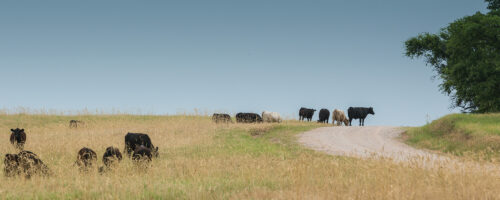
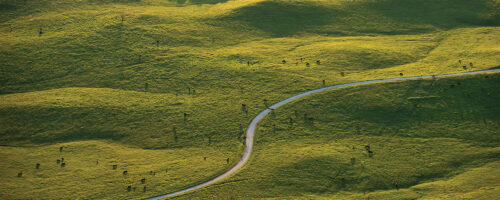
Comment